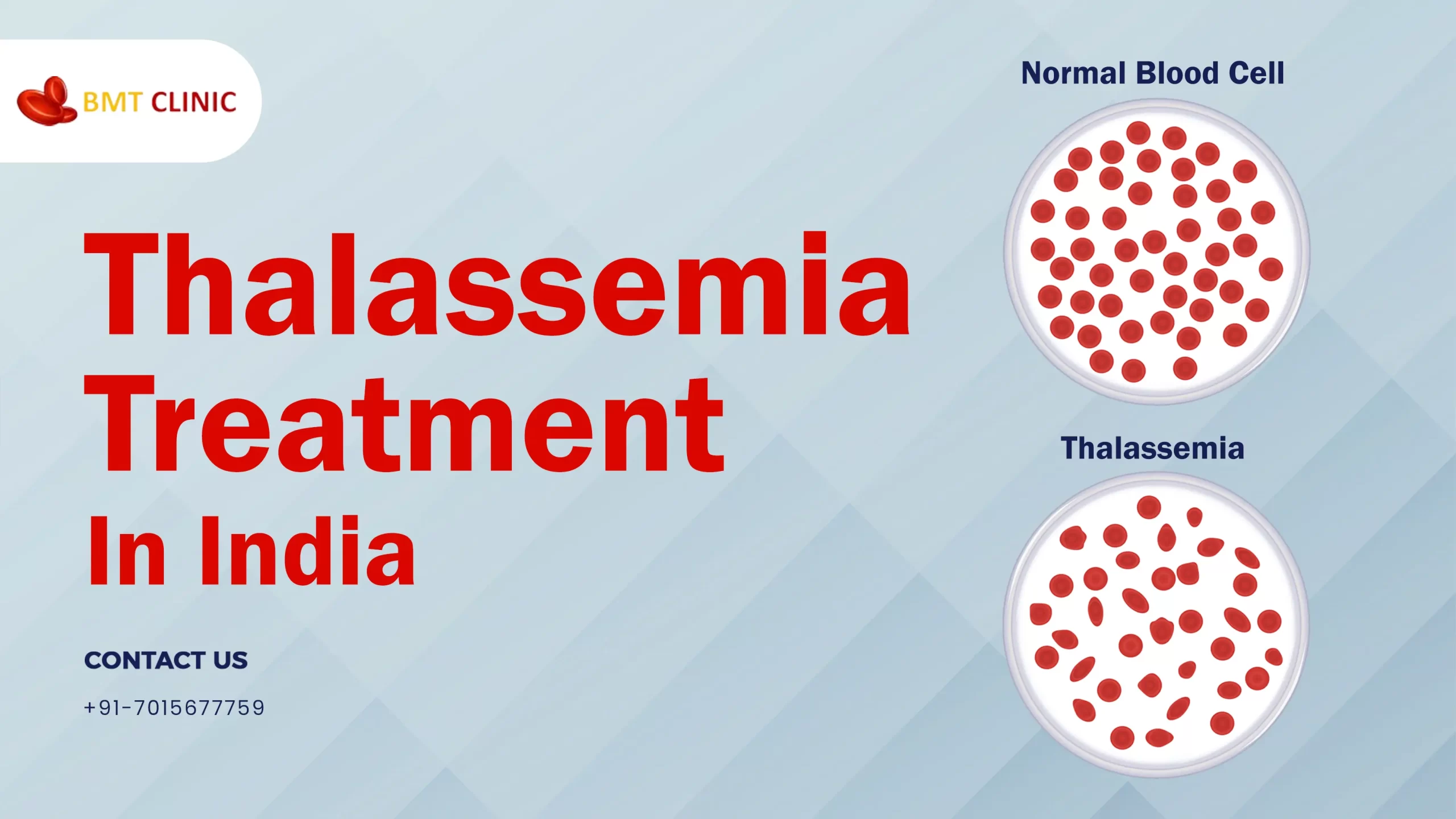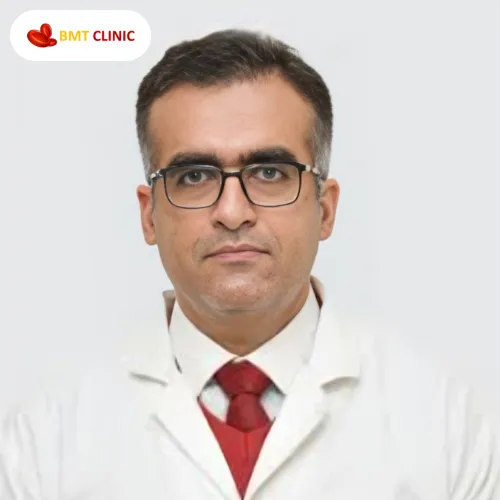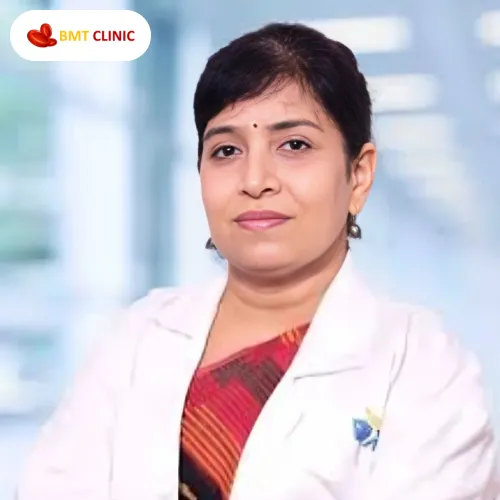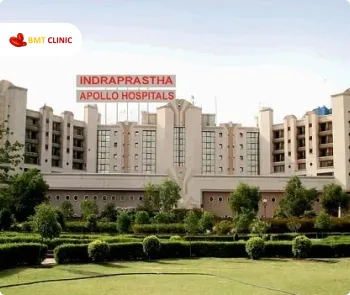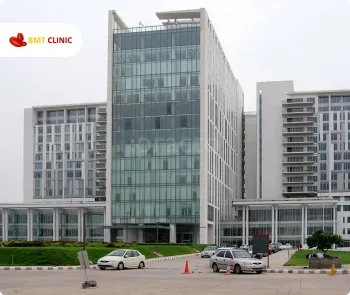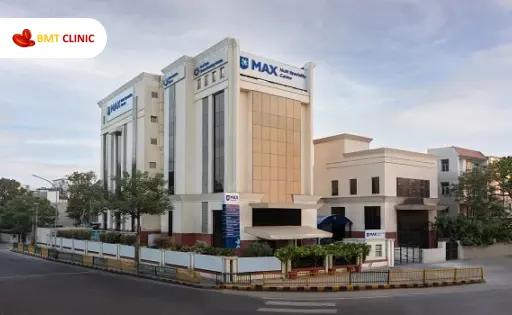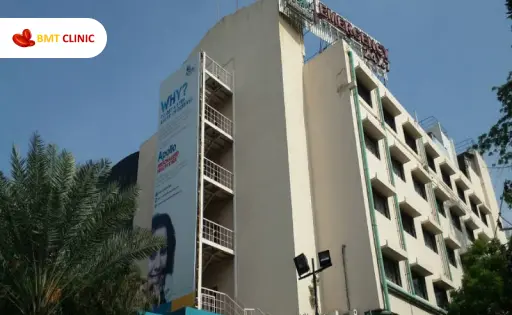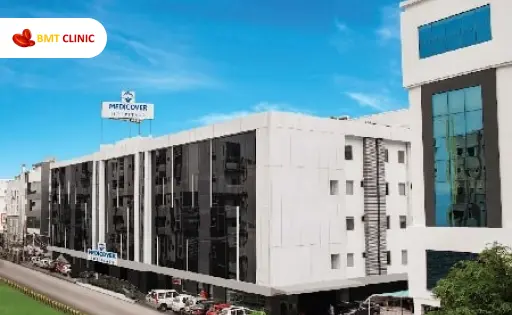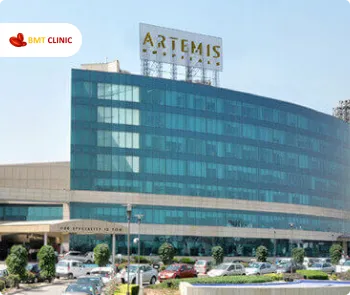An Overview of Thalassemia
Thalassemia is a genetic blood condition that is inherited, meaning it is handed down from parents to their offspring. It is brought on by insufficient production of hemoglobin, a protein that is essential to the formation of red blood cells. Fewer healthy red blood cells flow through the bloodstream when there is insufficient hemoglobin because the body’s red blood cells don’t function correctly and live shorter lives.
All of the body’s cells receive oxygen from red blood cells. Cells need oxygen as a kind of sustenance to function. A person may experience weakness, exhaustion, or shortness of breath when there are insufficient healthy red blood cells because these cells do not receive enough oxygen. This is referred to as anemia. Anemia in thalassemia patients can range from mild to severe. Severe anemia can be fatal and cause organ damage.
Types of Thalassemia
Alpha and beta thalassemia are the two forms of thalassemia that are called after flaws in these chains.
Alpha Thalassemia: A genetic blood condition known as alpha thalassemia causes the body to produce less alpha-globin. Hemoglobin’s building block is alpha-globin. Red blood cells (RBCs) contain hemoglobin, which is responsible for transporting oxygen throughout the body.
Beta Thalassemia: A genetic blood condition known as beta-thalassemia causes the body to produce insufficient amounts of beta-globin. The two components of hemoglobin are beta and alpha-globin. Red blood cells (RBCs) contain hemoglobin, which is responsible for transporting oxygen throughout the body.
Diagnosis And Test For Thalassemia
The signs of thalassemia usually appear early in life, and blood tests can identify it during pregnancy or soon after delivery. These tests can also detect if you carry the thalassemia trait, which might potentially be harmful to your offspring down the road.
- Complete Blood Count (CBC): This test determines the levels of hemoglobin and red blood cells in your blood.
- Reticulocyte Count: This test evaluates how well the bone marrow produces immature red blood cells.
- Iron Analysis: These examinations aid in distinguishing between thalassemia and iron-deficient anemia.
- Haemoglobin Electrophoresis: This sophisticated test detects beta-thalassemia by identifying uncommon forms of hemoglobin in the blood.
- Genetic Testing: Because genetic testing can identify particular genetic variants linked to alpha thalassemia, they are utilized in the diagnosis process.
Thalassemia Treatment in India
India offers a wide range of thalassemia treatment options to adequately manage this hereditary blood disorder.
- Blood Transfusions: Regular blood transfusions are the conventional treatment for thalassemia. Haemoglobin and healthy red blood cells are supplied by these transfusions.
- Bone Marrow Transplant/ Sten cell therapy: Bone marrow transplant treatment can potentially treat sickle cell disease by using a healthy, genetically matched donor—typically a sibling. To replace the injured bone marrow, healthy bone marrow is transferred.
- Luspatercept: Licenced for the treatment of specific forms of thalassemia, luspatercept is a relatively new and uncommon injectable drug that promotes the production of red blood cells.
- Hormone Therapy: When there are hormonal imbalances, hormone therapy may be advised. Low hormone levels and delayed puberty are two issues it can help with.
- Vaccinations and Antibiotics: Immunisations and antibiotic drugs are administered to treat infections.
- Iron Chelation Therapy: Iron excess brought on by frequent transfusions is frequently treated with iron chelation therapy. It assists in preventing organ damage and removing excess iron from the body.
- Folic Acid Supplements: Because folic acid aids in the production of healthy red blood cells, doctors prescribe folic acid supplements.
Thalassemia Treatment Cost In India
The average Thalassemia treatment cost in India starts from 15,000 USD and can range up to 20,000 USD depending upon the type of procedure and the location you choose.
Here is a list of the treatment and their starting prices:
| Treatment | Starting Price |
| Autologous Bone Marrow Transplant | 12,000 USD |
| Allogenic Bone Marrow Transplant | 13,000 USD |
| Haplo Bone Marrow Transplant | 13,500 USD |
Factors That Can Affect Thalassemia Treatment Cost in India
- Need for post-operative care.
- The type of treatment determines how the package varies.
- Medical expertise and background in the field.
- The state of the patient: The state of the patient and whether more modalities are needed to provide a full course of treatment.
- Sickle cell anemia treatment cost in India can vary based on how long you remain in the hospital and how long you stay there.
How Can BMT Clinic Help In Your Treatment Search?
BMT is a respected site for patients looking for doctors, hospitals, and specialty care. We’ll determine which medical alternatives are best for you. Based on your medical difficulties, our staff will present you with a list of hospitals and doctors that are respectable, licensed, and trustworthy. We also provide you with an economical treatment plan. We also assist patients with a wide range of additional issues, including acquiring travel authorization and medical visa assistance.

